Going on an African safari hunt can be as daunting as it is exciting, especially if it is your first time; old hand Tony Jackson tells us what to expect, what to take, and where to go!
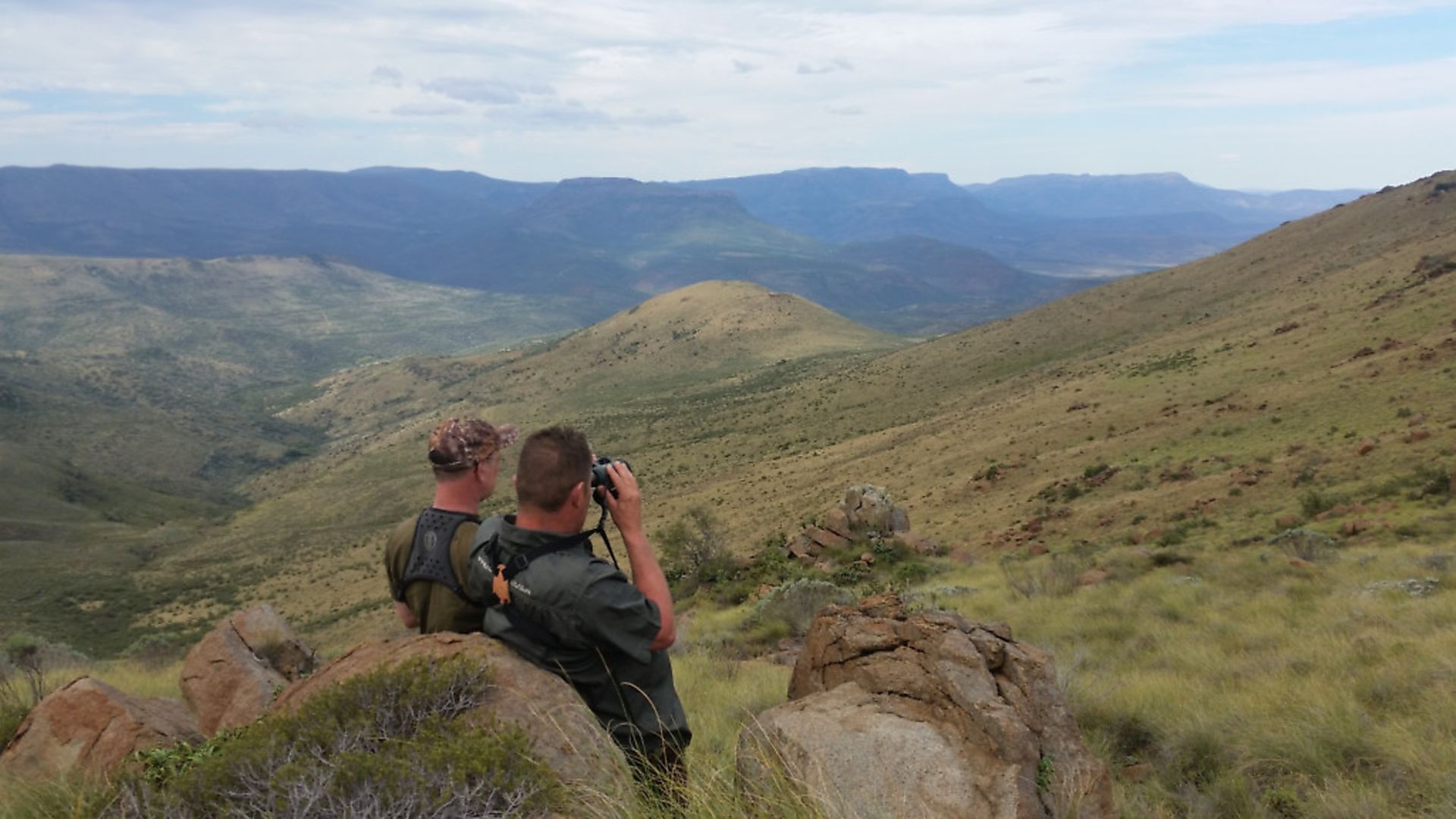 credit: Archant
credit: Archant
Even in today’s hi-tech, bustling world, the Swahili word ‘safari’, meaning a journey overland, still conjures up an exotic image. Once used almost exclusively to denote an African hunting trip, a so-called safari today is more likely to encompass game viewing from the comfort and safety of a vehicle.
Nothing wrong with that, of course, but to really experience the African bush and to begin to understand something of the lure and magic of Africa, to see and encounter its wildlife at close hand, you need to be on your feet, preferably with a rifle in your hand. This is the genuine safari – an overland journey for sure – and will bring you close to the real Africa, the one which is seldom encountered by Jeep-driven tourists.
Today, South Africa offers ethical, well-managed and controlled hunting for a wide range of animals, from the diminutive duiker to the formidable Cape buffalo, providing the hunter with a wide range of opportunities and sport. There are numerous hunting properties, ranging in size from a few thousand acres to well over 250,000 acres, and both the Eastern Cape and the Northern Cape are popular hunting regions, holding a wide variety of plains game. Where conservation is concerned, it’s of interest to note that the amount of game on private land is two and a half times greater than that on public land.
Hunting plays a vital role in well-managed conservation and is essential to making sure that animals in reserves remain healthy and don’t deplete natural resources due to over-population. The hunting in South Africa is renowned for being extremely well-managed and, for the first-time hunter, offers a wealth of opportunity and an extensive list of plains game to be hunted. However, it is essential to have total confidence in your outfitter, and if he happens to be British and lives in the UK then that’s a real bonus!
Derek Stocker, who operates ProStalk Safaris, has been involved with wildlife management for over 40 years. He first started work as a gamekeeper in Herefordshire and then moved to the Forestry Commission, where he worked for 16 years as chief wildlife officer for England. Some 18 years ago, he left the Forestry Commission to set up ProStalk Safaris, a company which offers hunting throughout Europe and safaris in Africa.
Derek makes it clear that all his safaris are built around a client’s requirements. He deals directly with landowners in South Africa so there are no other agency fees involved and, in addition, organises all arrangements for a client from booking airline tickets and obtaining temporary firearms import permits, to meeting clients at Heathrow and travelling with them to the hunting concessions. This is an enormous bonus as he is, of course, on hand to offer advice and sort out any problems that may arise.
 credit: Archant
credit: Archant
FLIGHTS
All flights from UK to South Africa land at either Johannesburg’s Tambo International Airport or in Cape Town. From Tambo, after customs clearance, it’s a short flight to either Port Elizabeth for the Eastern Cape or to Kimberley for the Northern Cape, depending on which region you choose. Derek Stocker will meet and liaise with clients at Heathrow, and guide them through the simple firearms importation procedure and travel with them. The flight to Tambo International is 10 hours overnight.
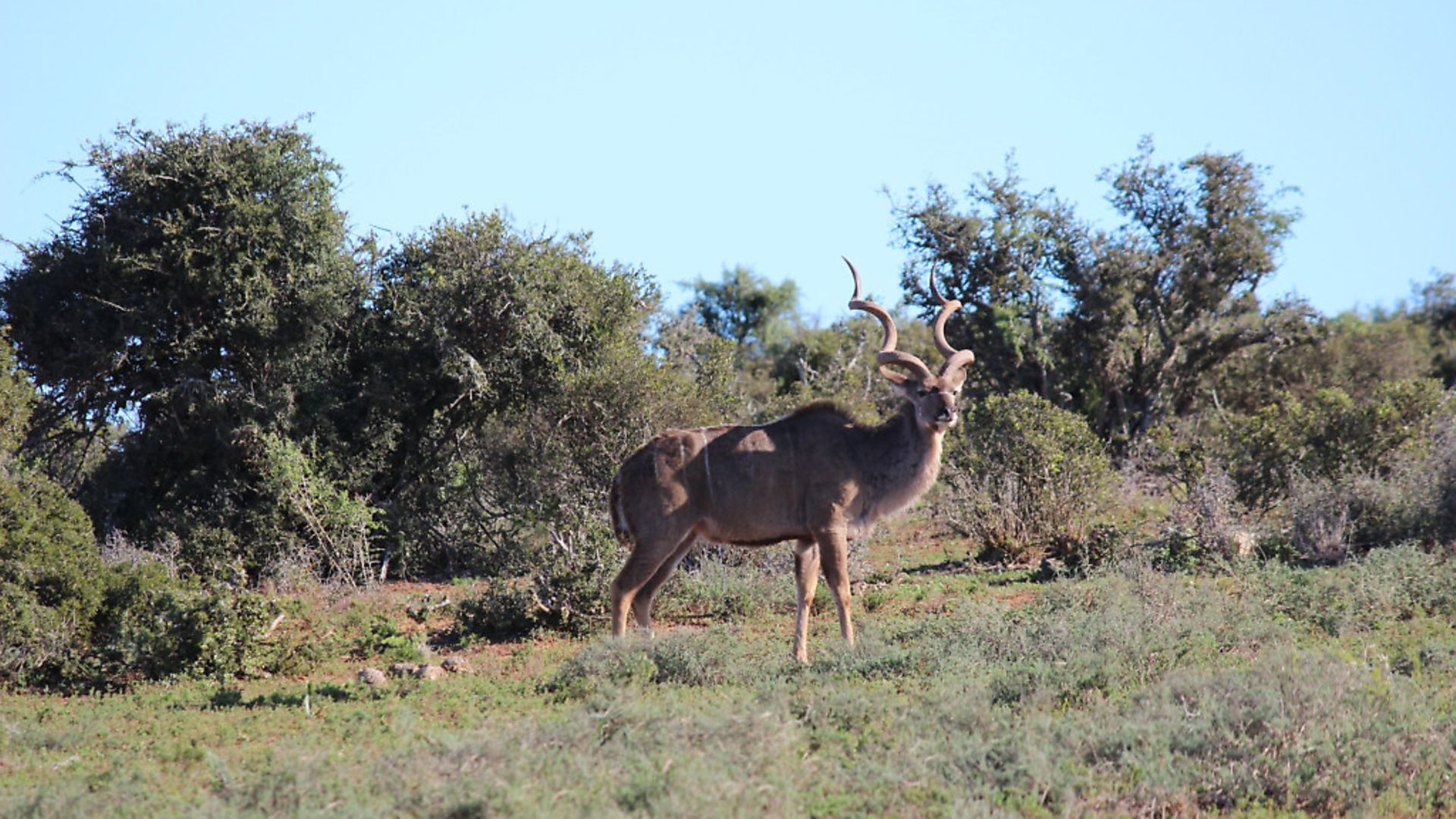 credit: Archant
credit: Archant
RIFLE CALIBRES
For plains game such as impala, springbok, kudu, zebra, warthog and other medium game, a bolt-action rifle in .270, .300 Mag, .338, .30-06, or 7mm mag is ideal. You will need at least 80 soft-point cartridges and 150gr or above is recommended. A good quality scope with variable power is essential, and 3-9x or 4-12x is more than enough. Muzzle-loaders can also be brought. In addition, ProStalk have a selection of excellent camp rifles available for hire if you do not wish to take your own rifle.
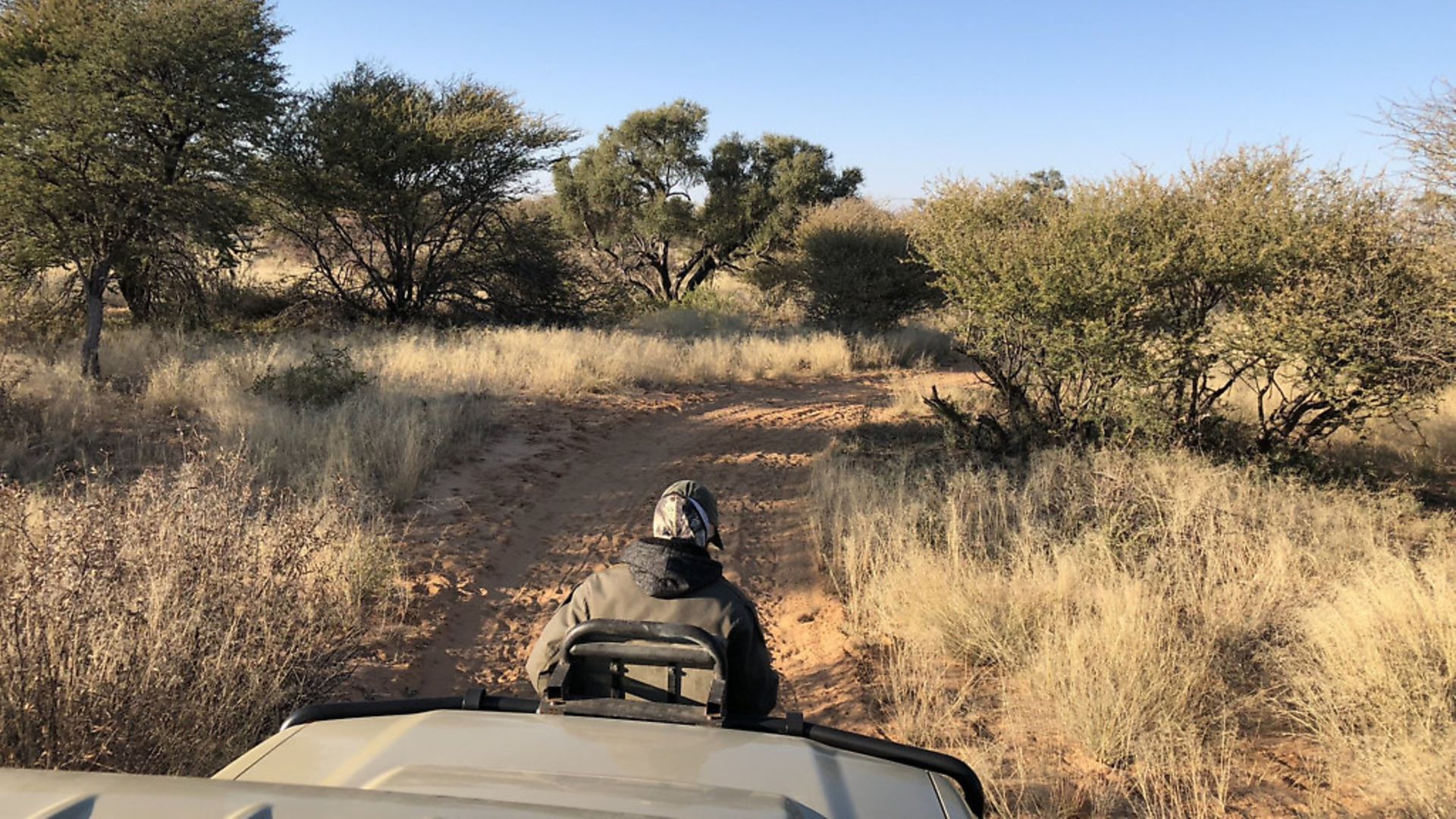 credit: Archant
credit: Archant
CLOTHING
ProStalk recommend the following items of clothing for your safari: three pairs of hunting trousers, two pairs of shorts, three short- or long-sleeved cotton shirts, four pairs of socks, one jumper, one hunting jacket, one pair of comfortable hunting boots, one pair of trainers, sneakers or hiking boots, one bush hat or baseball cap, one pair of medium-weight gloves, one light raincoat and one set of comfortable lodge clothes, such as sweatpants/jogging bottoms, a t-shirt and a jumper or sweatshirt. Camouflage clothing is definitely not required. Dark green is suitable for the bush country of the Eastern Cape, while dull brown or sandy colours are more suitable to the Northern Cape area.
 credit: Archant
credit: Archant
ADDITIONAL HUNTING EQUIPMENT
You must take a pair of good quality binoculars; ProStalk recommend 10x42. You will also require a camera with extra batteries and extra SD card, while an electric 120 volt to 220 volt converter should be packed. Although your professional hunter (PH) will have shooting sticks, feel free to bring your own. A soft rifle case is advised while travelling in a vehicle and the rifle should, of course, have a comfortable sling. A flashlight is also an essential piece of equipment.
 credit: Archant
credit: Archant
ACCOMMODATION
The type and standard of accommodation employed for clients by ProStalk depends not only on the safari chosen and its location, but also the type and standard required. However, whatever accommodation is chosen, it will be of a high standard. The lodges are very comfortable and clients are not left short of any home comforts during their hunting safari. Rooms have an African theme with en-suite facilities and a fully catered service.
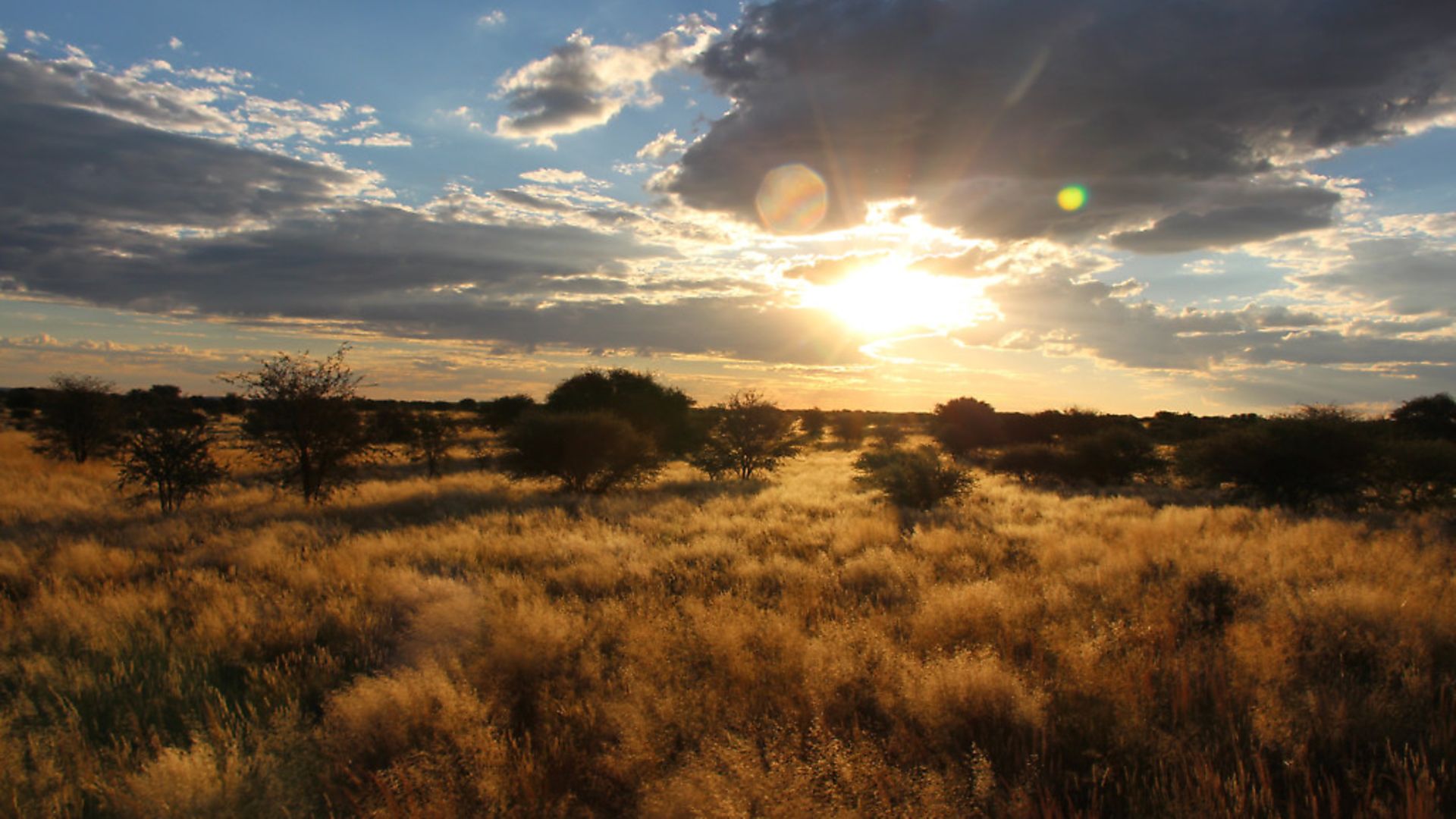 credit: Archant
credit: Archant
FOOD
A wide range of foods is available and, wherever possible, meat from culled animals is employed in addition to traditional meats such as beef and lamb. The catering service is to the highest standard and all meals are provided, including lunch packs. Clients should let ProStalk know of any dietary requirements before the safari to enable arrangements to be made. There is also a large range of beverages, both alcoholic and non-alcoholic.
 credit: Archant
credit: Archant
HEALTH
Malaria is very low risk in the Eastern Cape and the Northern Cape, but it is wise to consult your doctor to obtain an update on any potential disease risks in these two areas. Drink bottled water and avoid ice in your drinks unless you can confirm it has been made from distilled or bottled water.
 credit: Archant
credit: Archant
ANIMALS
In the ProStalk hunting areas, which encompass over 200,000 hectares, there is a vast selection of animals, ranging from the smallest antelopes through to medium plains game and on to Cape buffalo. Among the most frequently hunted animals are impala, springbok, bushbuck, kudu, nyala, common and black wildebeest, gemsbok/oryx, bontebok, klipspringer and warthog. Animals are managed to a very high standard in order to maintain a healthy, thriving population and sport for guests. A safari vehicle is used to reach the location to be hunted, but from there all hunting takes place on foot and it must be understood that while some shots may be relatively close, others may often be 200 yards or more. Shooting normally takes place using tripod sticks and it is a sensible precaution for hunters to ensure that they are familiar with their use. ProStalk also takes pride in being able to provide sport for young hunters, disabled hunters and bow hunters.
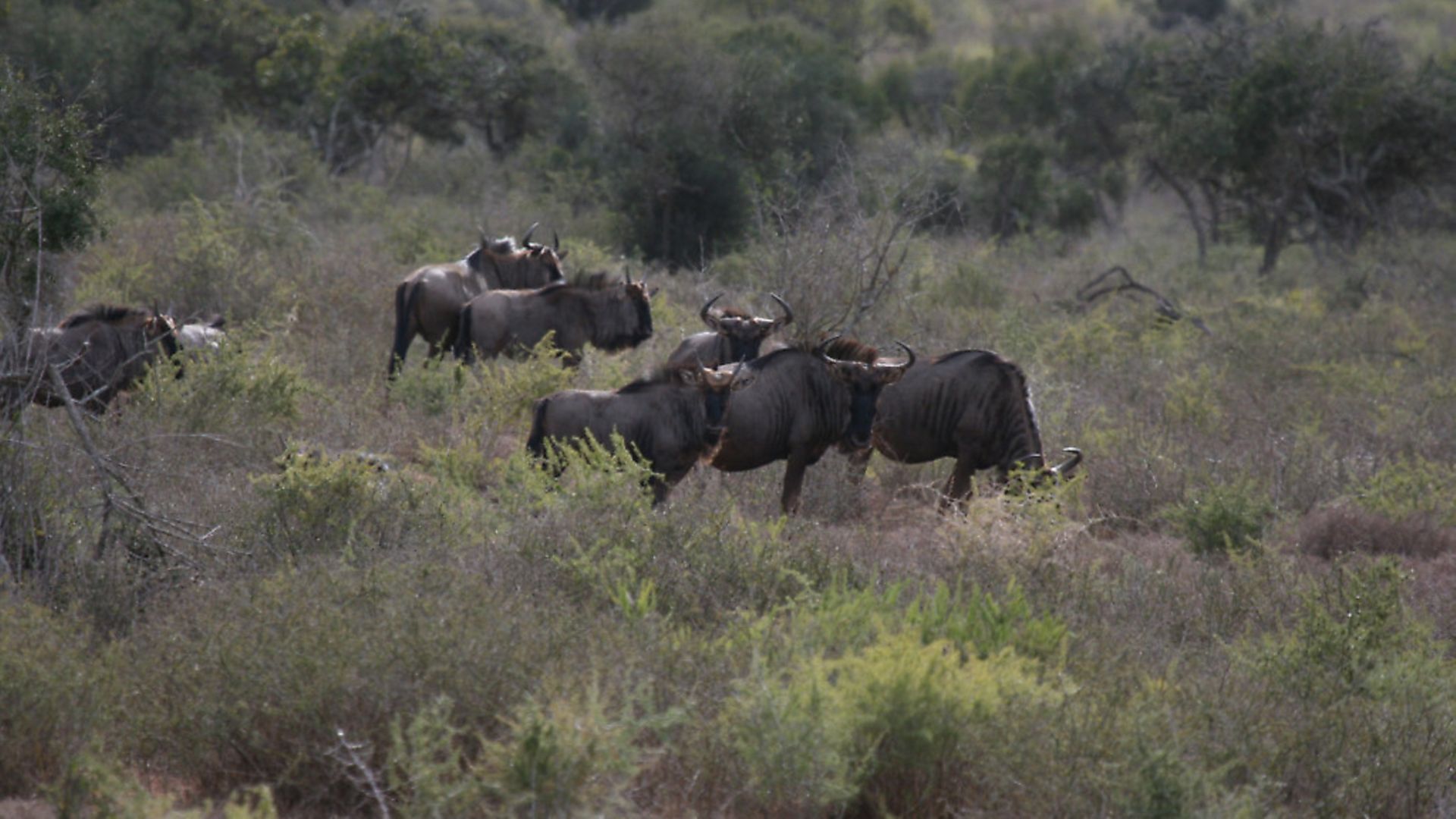 credit: Archant
credit: Archant
WEATHER
ProStalk operate safaris from late March to October. The most popular times are April to July when the weather is cool in the mornings and warming up around mid-morning.
 credit: Archant
credit: Archant
TAXIDERMY
The taxidermist used is based in Kimberley and, on the way out of the town, we normally call in to look at display animals and get a coffee. This gives the hunter some idea of the type of mount he or she would like for their trophies. After the hunt we call in to drop off skins/trophies and give the taxidermist instructions on how animals are to be mounted. We also have a similar arrangement in the Eastern Cape. For non-hunters, visits can be arranged to safari parks, vineyards, golf courses, local towns and much more, and ProStalk need to know if any such visits are required in advance of a safari.
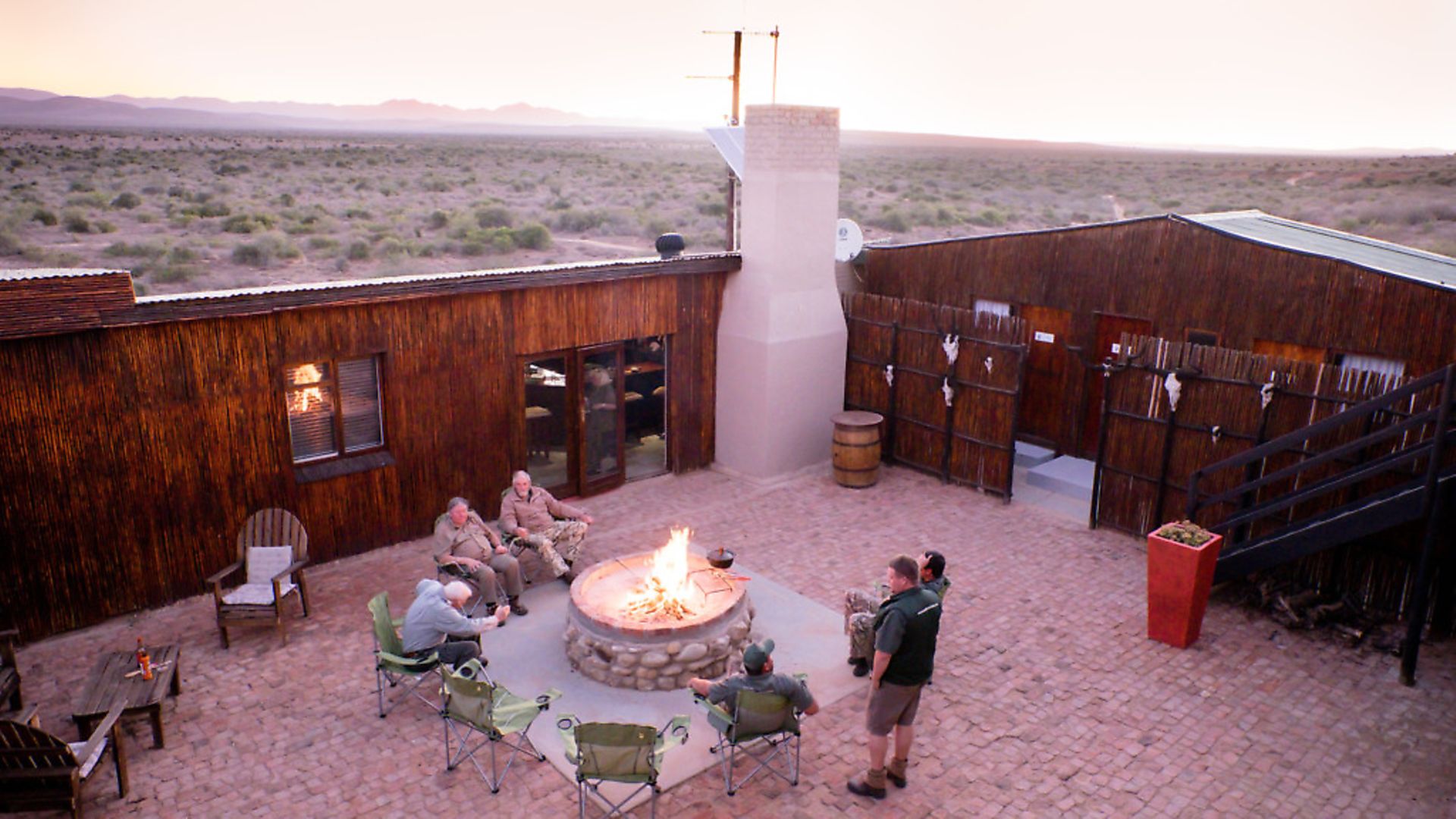 credit: Archant
credit: Archant
on ARRIVAL
You will be welcomed on arrival at Kimberley or Port Elizabeth airport by your professional hunter(s), and then travel to the hunting camps. In the Eastern Cape, the camp is 60km from the airport and the hunting area is around 50,000 hectares. In the Northern Cape, hunting areas are within 10 minutes of the airport and there are also hunting areas near the Kalahari Desert, some 260km from Kimberley and extending to 200,000 hectares. Whichever area is chosen, the afternoon is spent sighting-in rifles and, time permitting, heading out for a hunt.
the rest of the trip
A typical day’s hunting starts with breakfast at around 8am, and we then set off on safari, carrying food and drink and stopping for lunch in the bush around 1pm. Hunting continues until the evening when we return to the Lodge for drinks and a meal. You will be hunting both fenced and open areas and there are some great trophy animals due to selective management. Challenging hunting is the order of the day. You are welcome to take trophy animals other than those in your package, and these are charged at list price. All dangerous game has to be pre-booked.
PLEASE NOTE: It is recommended that you obtain your own travel and medical insurance as this is not covered by BASC, BDS etc.
CONTACT
For further details and prices, contact Derek Stocker at ProStalk on 07771 802642 www.prostalk.co.uk